Russian beer exports have risen by 25% in the first quarter of the year, according to federal centre analysts.
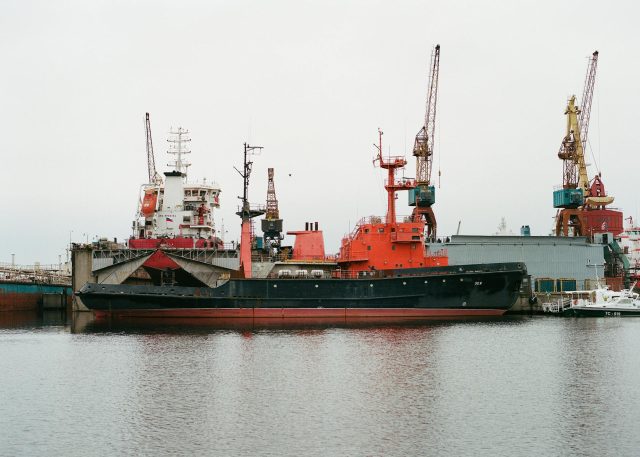
The freight organisation
AgroExport recently revealed that "according to [the] preliminary estimates of experts, Russian beer exports surged above 33,000 metric tons during three months of 2025”.
Analysts assessing the data highlighted how “compared to the like period of the last year, the volume of supplies increased by 25% in physical terms”.
Where is Russian beer going?
The export company analysts also outlined that Belarus, Kazakhstan, China, Abkhazia and Tajikistan were the top five countries that were now the key importers of Russian beer in physical terms.
The estimates follow
Russia’s domestic alcohol production recently plummeting amid tax hikes and anti-drinking measures. The drop in alcoholic drinks production, which fell by 25.6% in February 2025 to 19.9 million decalitres (daL), compared to 26.8 million daL in the same period last year marks the lowest production level for the first two months of the year since 2017. However, finding new export markets could be the next plan for Russian drinks producers.
The challenges the market now faces
The news of the boost in beer exports coincides with
Russian vodka has also starting to disappear from EU shelves amid the EU’s import ban which is now fully in force. Despite its recent boost in beer exports, global sanctions following Russia’s invasion of Ukraine have still meant that
the country is now on its way towards entering a deep recession, according to economists.
The Russian drinks industry has faced serious issues since the beginning of the war with increasing isolation putting pressure on the sector. Back before 24 February 2022, Russia’s drinks sector was in fact one of the fastest growing segments in the entire Russian food and beverages’ market with annual growth rates of up to 15% in some categories.
The most negative news for Russian breweries over recent times has been navigating a ban on the exports of Russian drinks to the western market. Some western companies — former partners of the Russian firms — have also additionally initiated their own bans which has now led to Russian breweries looking east to seek alternative exportation routes for brews.
Breweries adapting to the conflict
Anheuser-Busch InBev, the world’s biggest brewer by volume, announced in 2022 that it would sell its interest in the Russian joint venture to its partner, Turkish brewer Anadolu Efes. However, President Putin has had the capacity to place companies in temporary management under a decree published in April 2023. The decree grants the manager full control of the assets, but blocks the ability to dispose of them. Since then,
Putin has transferred shares in AB InBev’s Russian entity into temporary management, according to a decree published on a Russian government website on 30 December.
At the end of last year,
Carlsberg Group managed to reach an agreement to sell its shares in Baltika Breweries in a deal that has taken more than a year after the Russian state seized control of the subsidiary. The management buy-out sees a company established by two Baltika employees become controlling shareholder of the subsidiary, which reportedly has eight breweries in Russia, including one in St. Petersburg, and produces more than 50 brands. While the two have not been officially named, it is speculated that they are Yegor Guselnikov and Alexander Tolmachev.
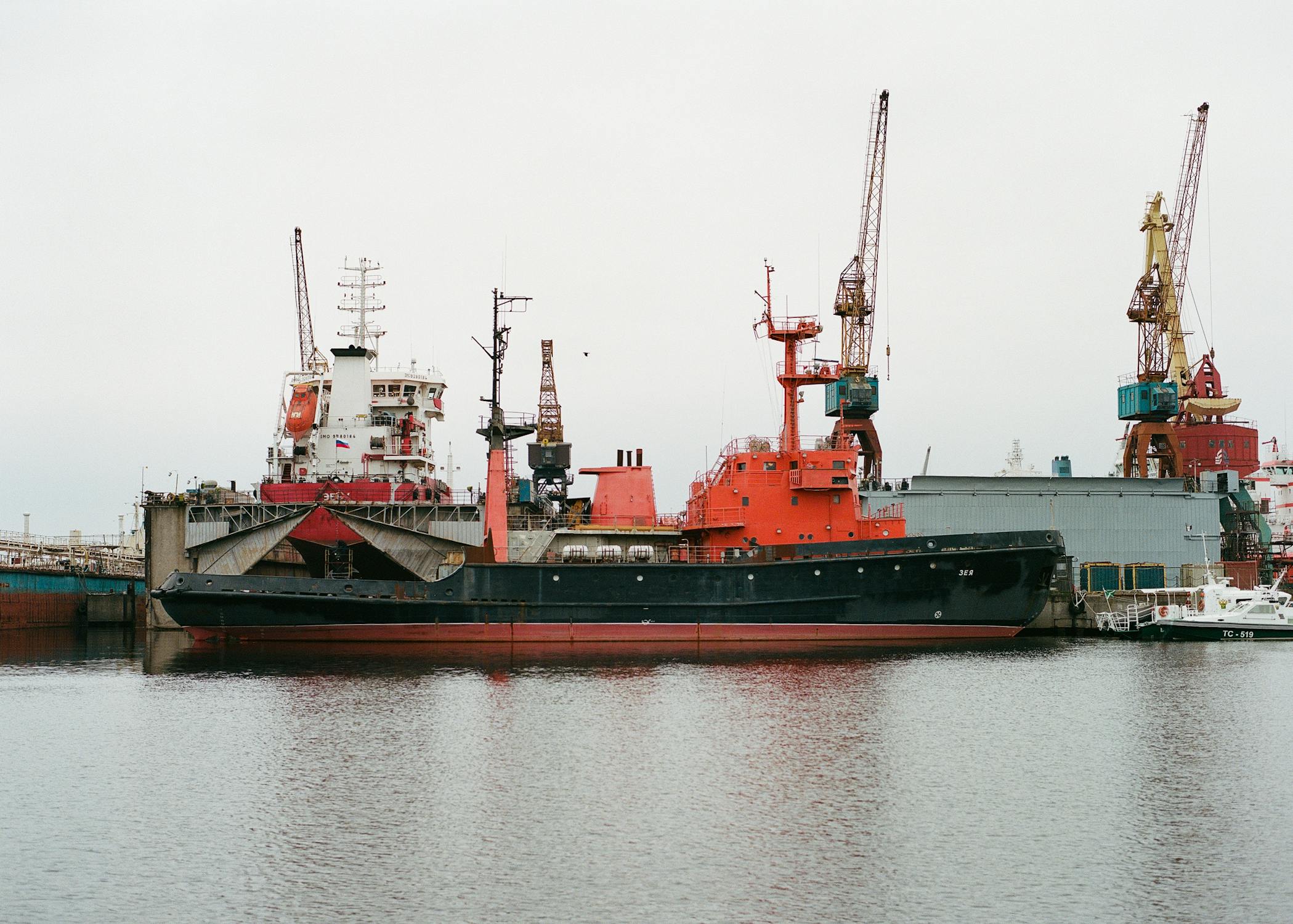
 The freight organisation AgroExport recently revealed that "according to [the] preliminary estimates of experts, Russian beer exports surged above 33,000 metric tons during three months of 2025”.
Analysts assessing the data highlighted how “compared to the like period of the last year, the volume of supplies increased by 25% in physical terms”.
The freight organisation AgroExport recently revealed that "according to [the] preliminary estimates of experts, Russian beer exports surged above 33,000 metric tons during three months of 2025”.
Analysts assessing the data highlighted how “compared to the like period of the last year, the volume of supplies increased by 25% in physical terms”.









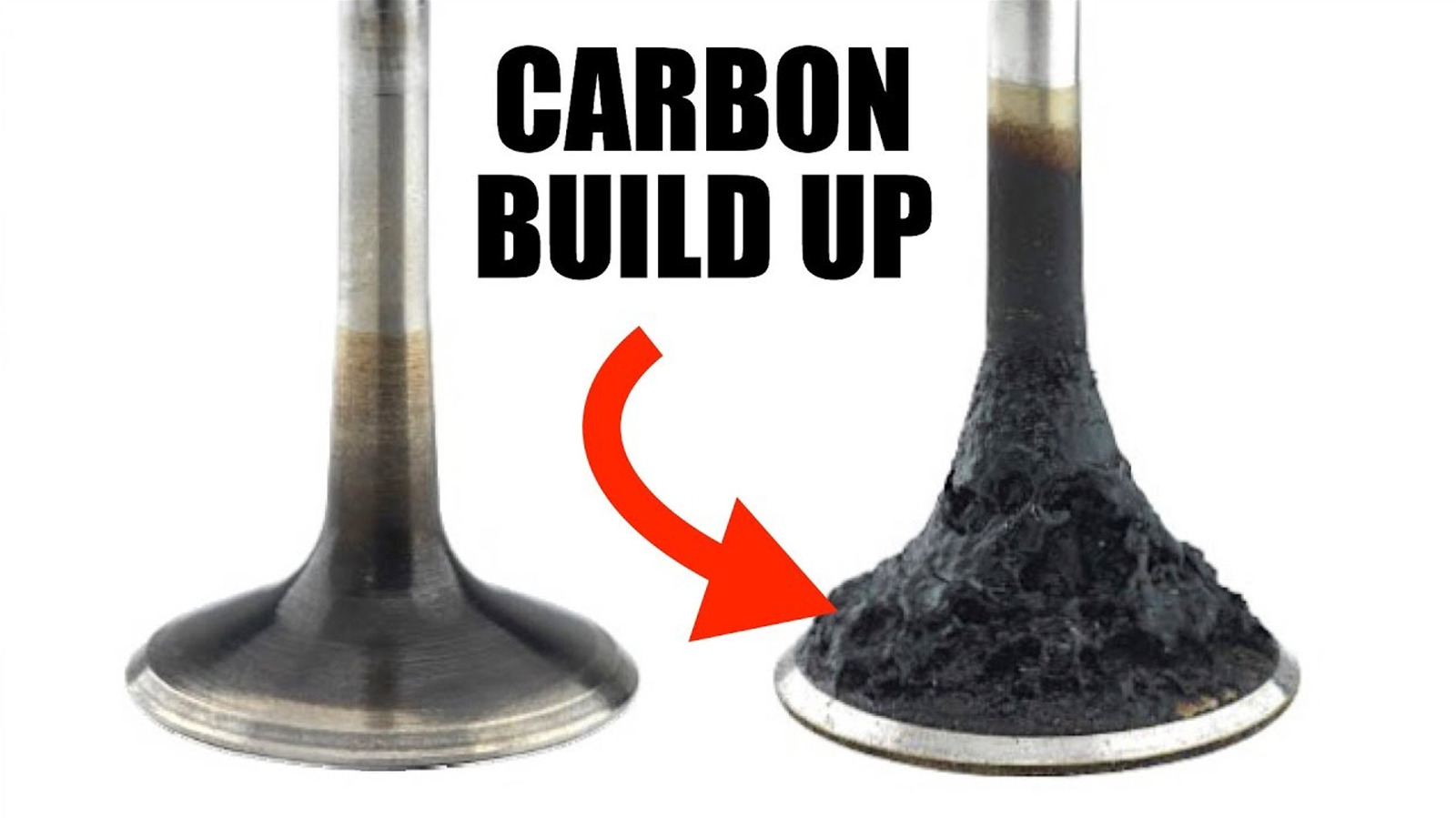
























































![[Podcast] Behind the Breakthroughs: How Almac Powers Clinical Trial Success with Care](https://imgproxy.divecdn.com/5lAJkli_KcGt1FSsw4EaegjgP76IHREqYEWbhNBJOXw/g:ce/rs:fit:770:435/Z3M6Ly9kaXZlc2l0ZS1zdG9yYWdlL2RpdmVpbWFnZS9CaW9QaGFybWFEaXZlXzEzNDZfeF83MjlfQXJ0d29yay5qcGc=.webp)


















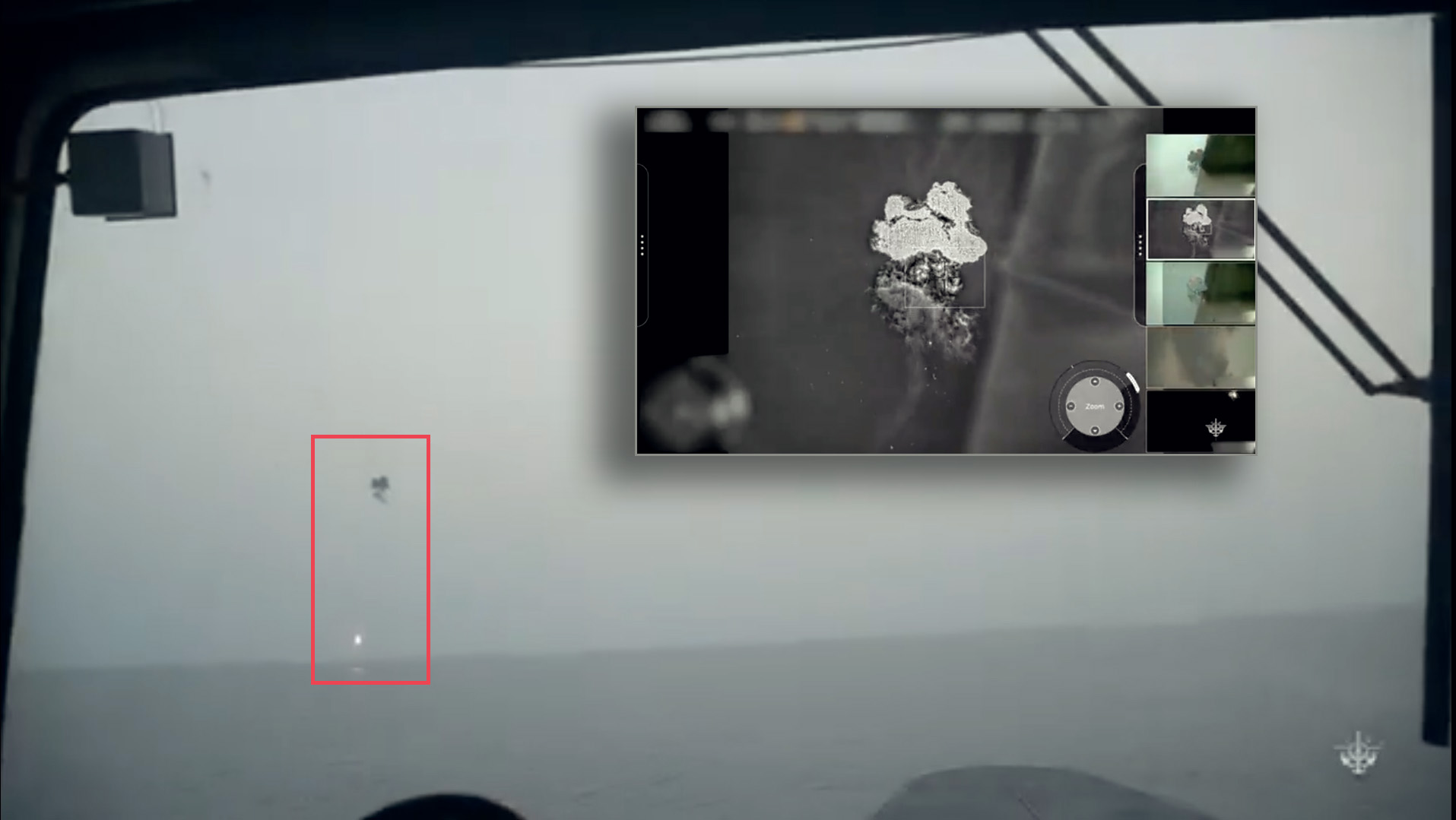


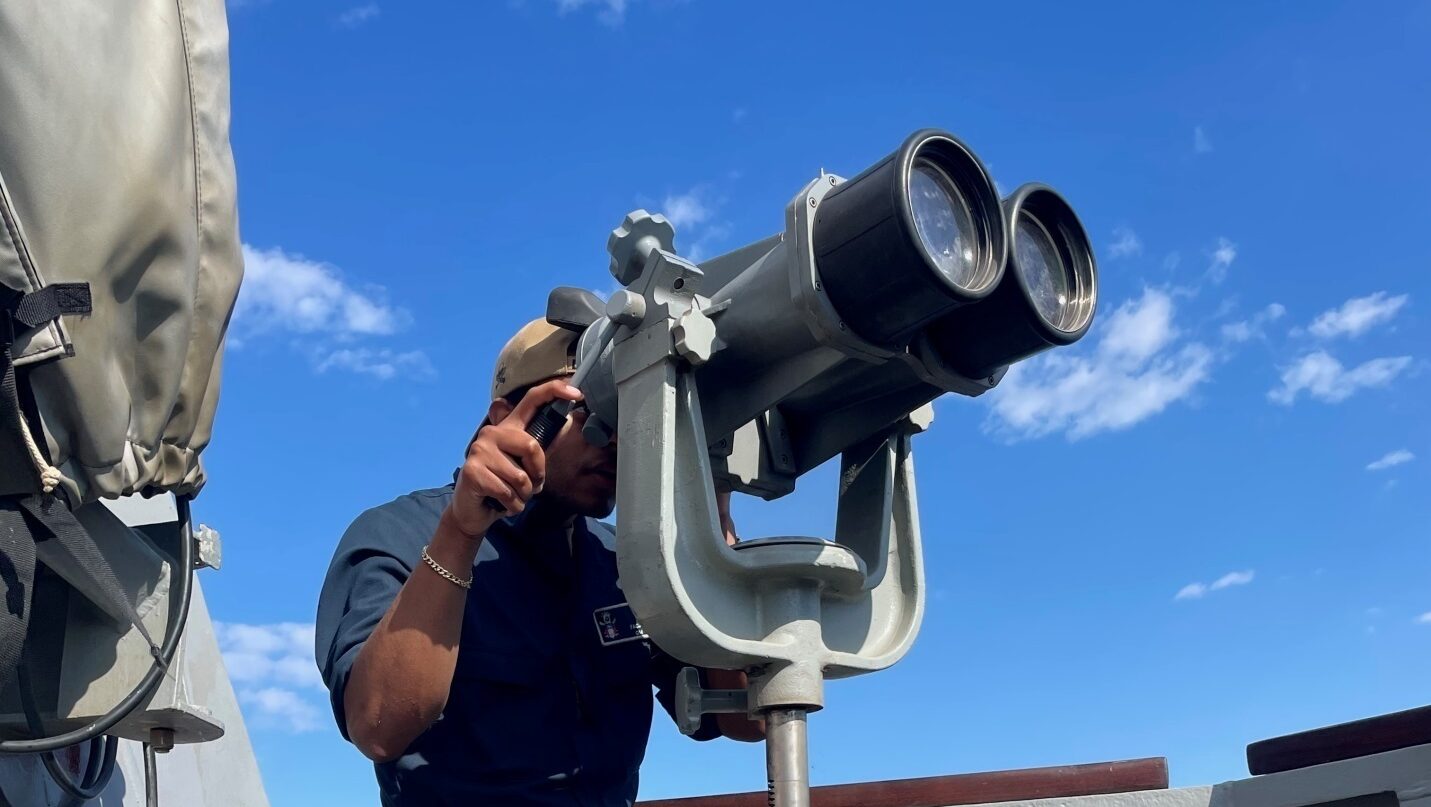














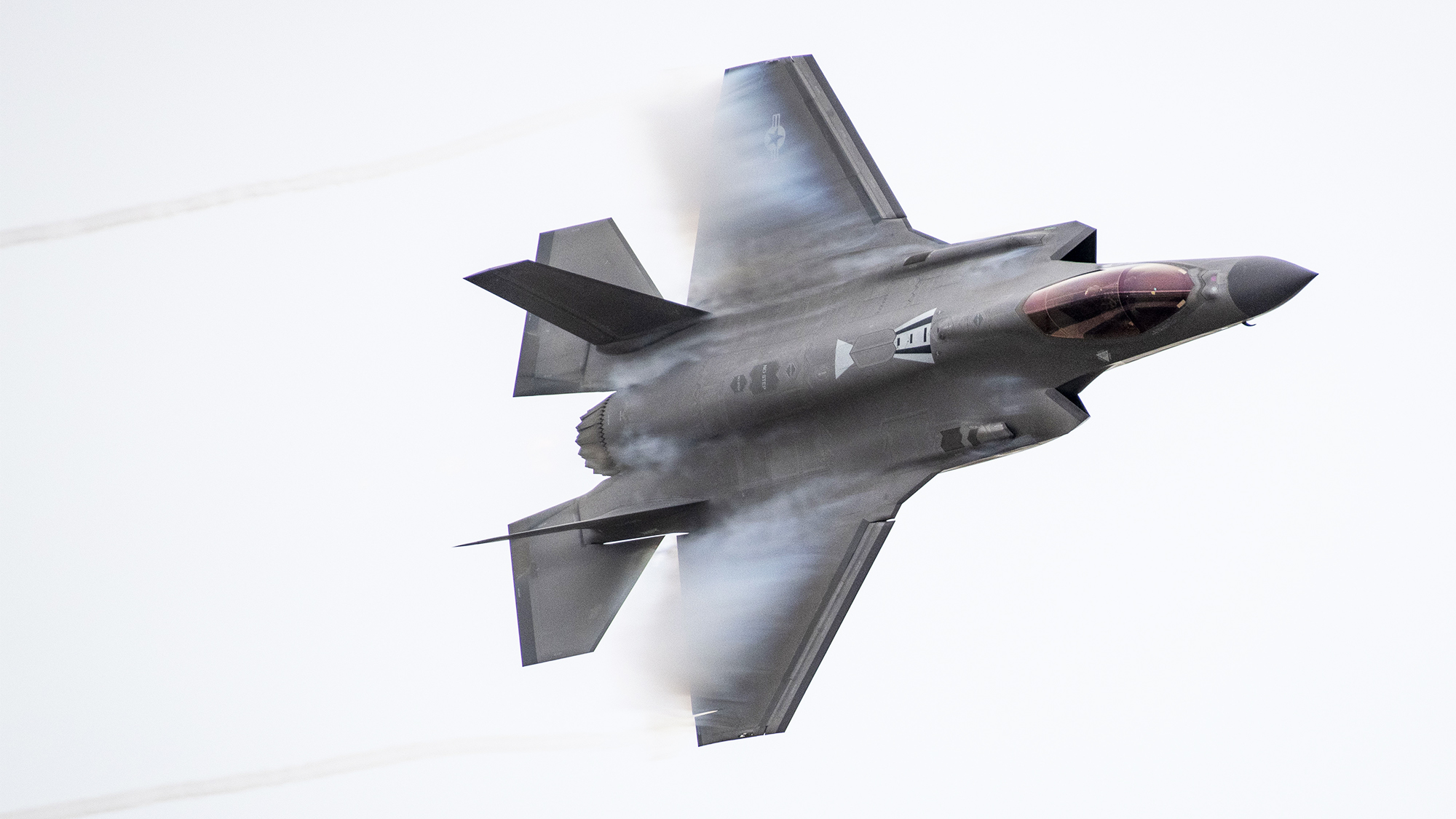













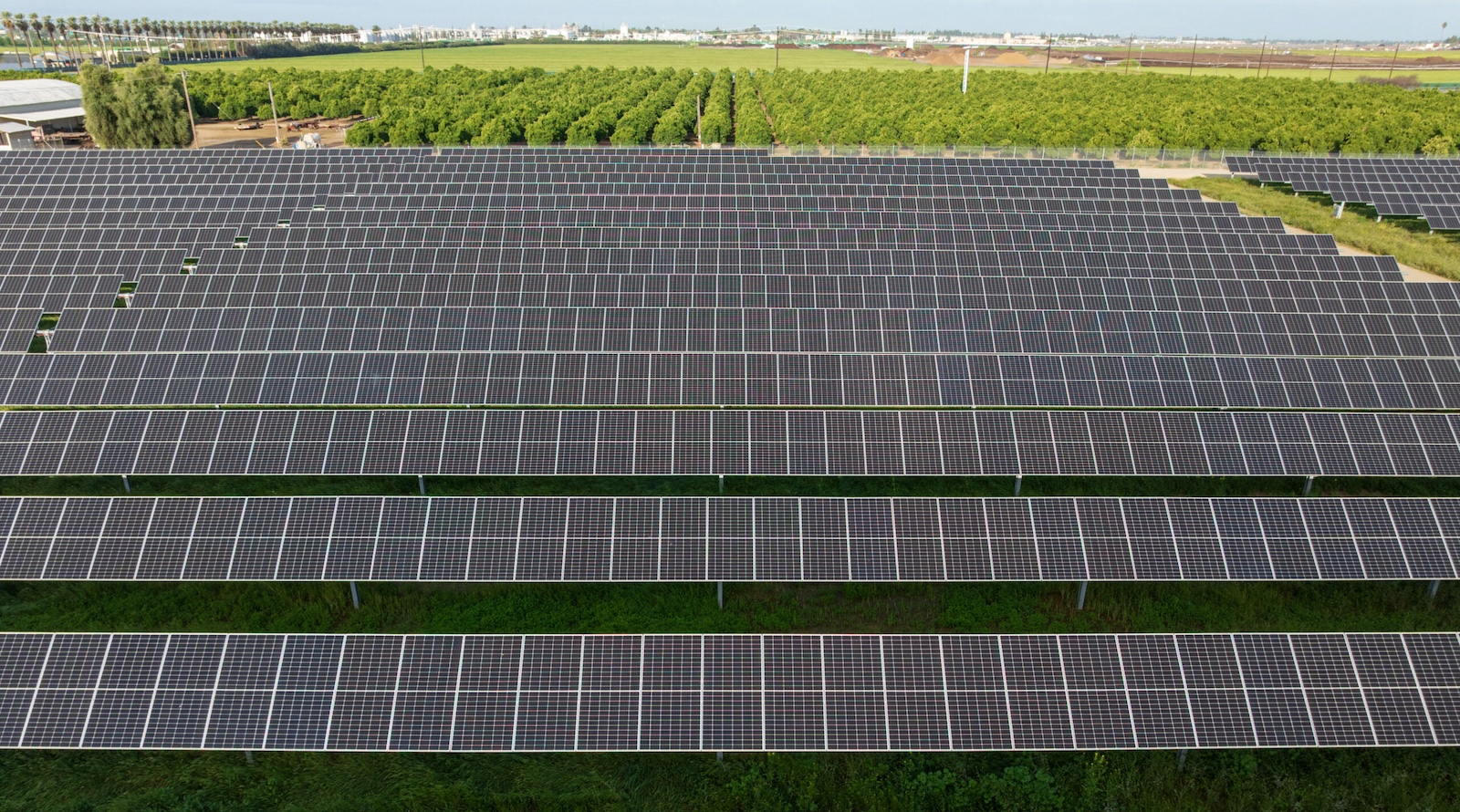

































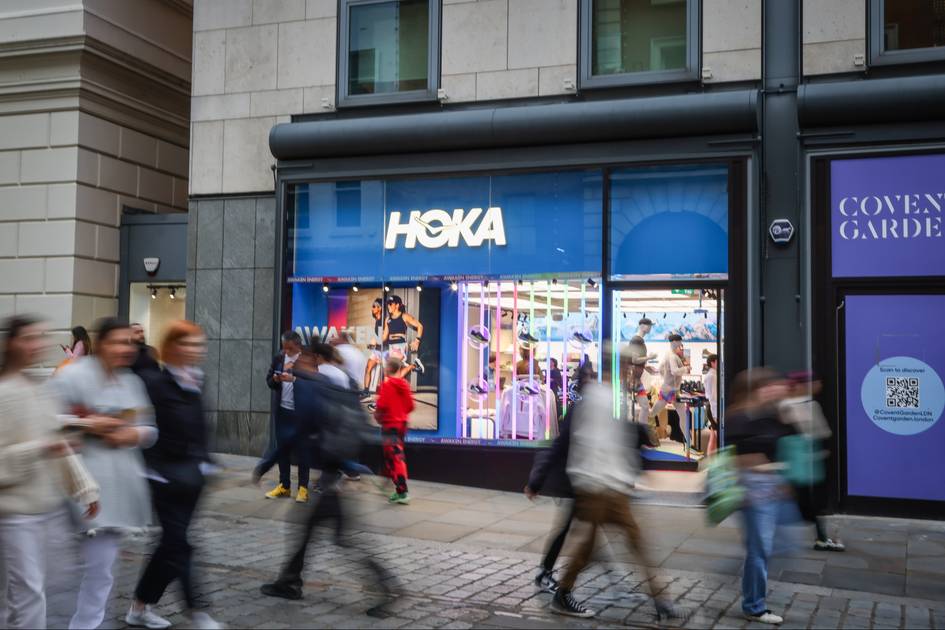

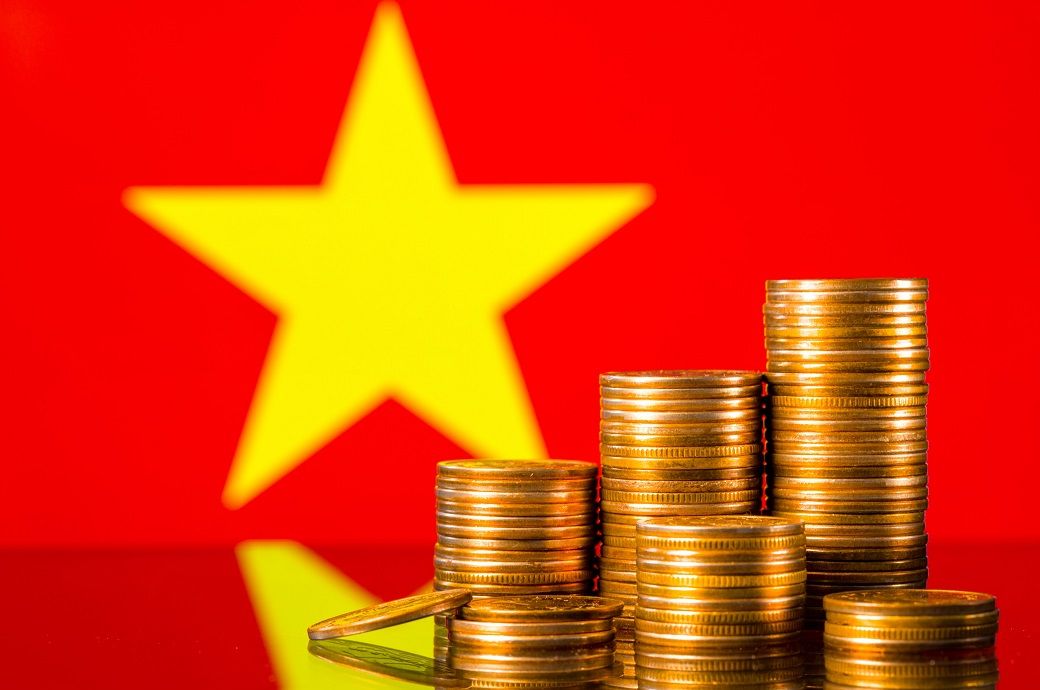
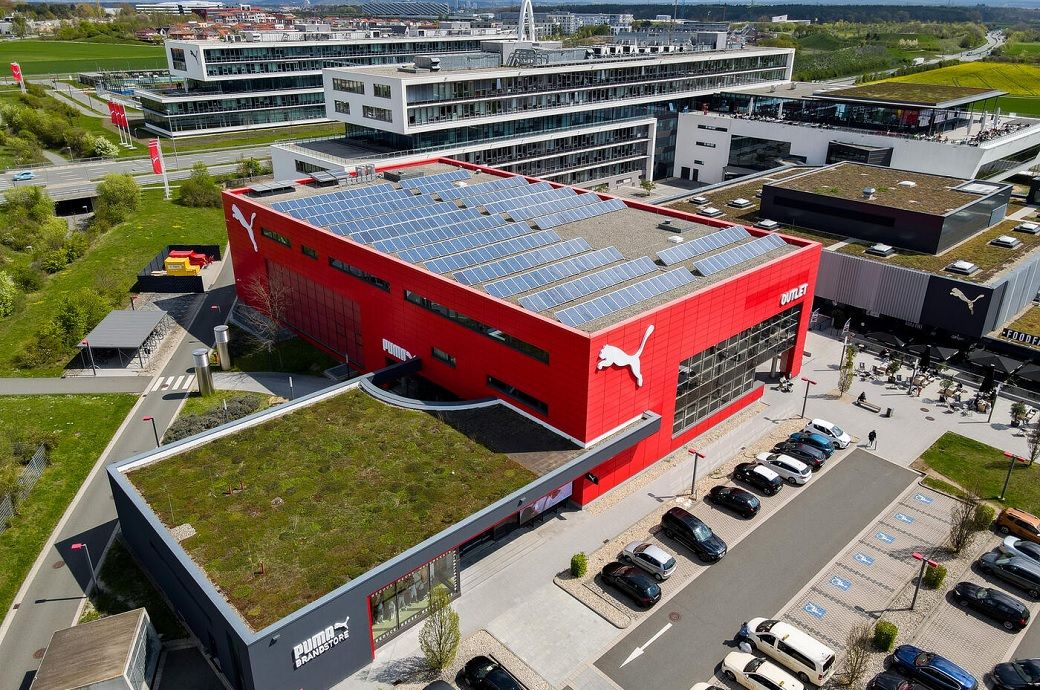








.jpg)







